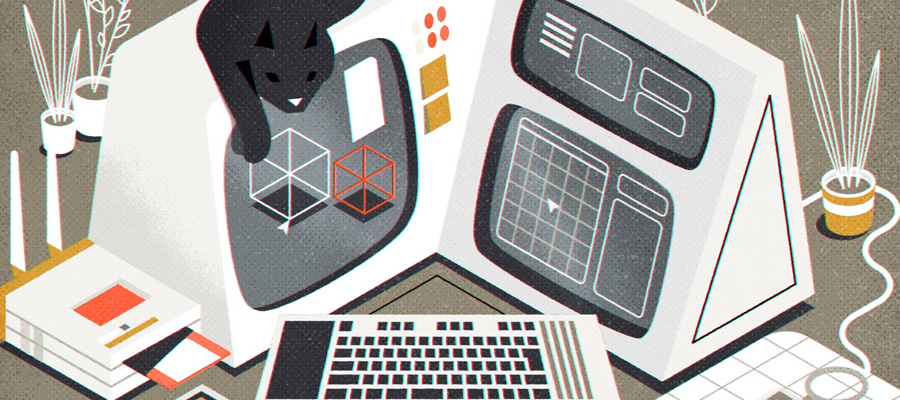Hospital management software is pretty straightforward, but there are a few aspects that are essential in it, and we’ll cover them in this short guide.
Depending on the industry that you work in, the margin of error can vary immensely. A desk worker and an airline pilot don’t have anywhere near the same margin of error, for example. This margin of error rings true for the employees in these sectors as well as the software that they use.
The healthcare industry is one in which even a minor issue can result in a life or death situation, so it makes sense that hospital management software needs to be suitably advanced. In this guide, we’re going to cover three of the most essential things that hospital management software needs to feature.
Reliability
Of course, the first thing that’s crucial in hospital management software is reliability. In a medical environment, software quality control has to be exceptional. Any bugs or glitches in the code of hospital management software can result in serious trouble for doctors or patients, so testing is essential.

Along with frequent and rigorous testing, redundancies are also critical in hospital management software. For these reasons, hospital management software usually takes longer to develop than comparable programs. Even experienced developers need to keep their eyes out for minor errors that wouldn’t cause much trouble in other kinds of software.
Ease of Use
Depending on the type of hospital management software that's being made, it will either end up being used by staff, patients, or both. If a wide range of people is going to be using the application, then it needs to be approachable enough for everyone to use it without much difficulty.
Ease of use is essential in hospital management software, as it will allow for data to be entered quicker and it will improve the overall efficiency of the hospital. Unfortunately, many hospitals still cling to dated software that is difficult to update and not very user-friendly.
Hospital management software should typically have a clean interface that is easy to get acquainted with. Colors should be used sparingly, but aesthetic isn't as important as in other kinds of applications, as the interface should be accessible and easy to understand above all else.
Security
Of course, in the medical field, confidentiality and security are both of the utmost concern, and the same is true for hospital management software. As well as being reliable, the program will also need to be as secure as possible, as it will likely contain plenty of sensitive data.
This is another aspect that will lengthen the development time of hospital management software, as it will need to be far better fortified than other management applications.
Conclusion
As you can see, hospital management software takes a lot more work than other kinds of programs, and that’s why it’s usually only developed by the most experienced firms. We hope that this guide has managed to provide you with a glimpse into the world of medical software development.




















